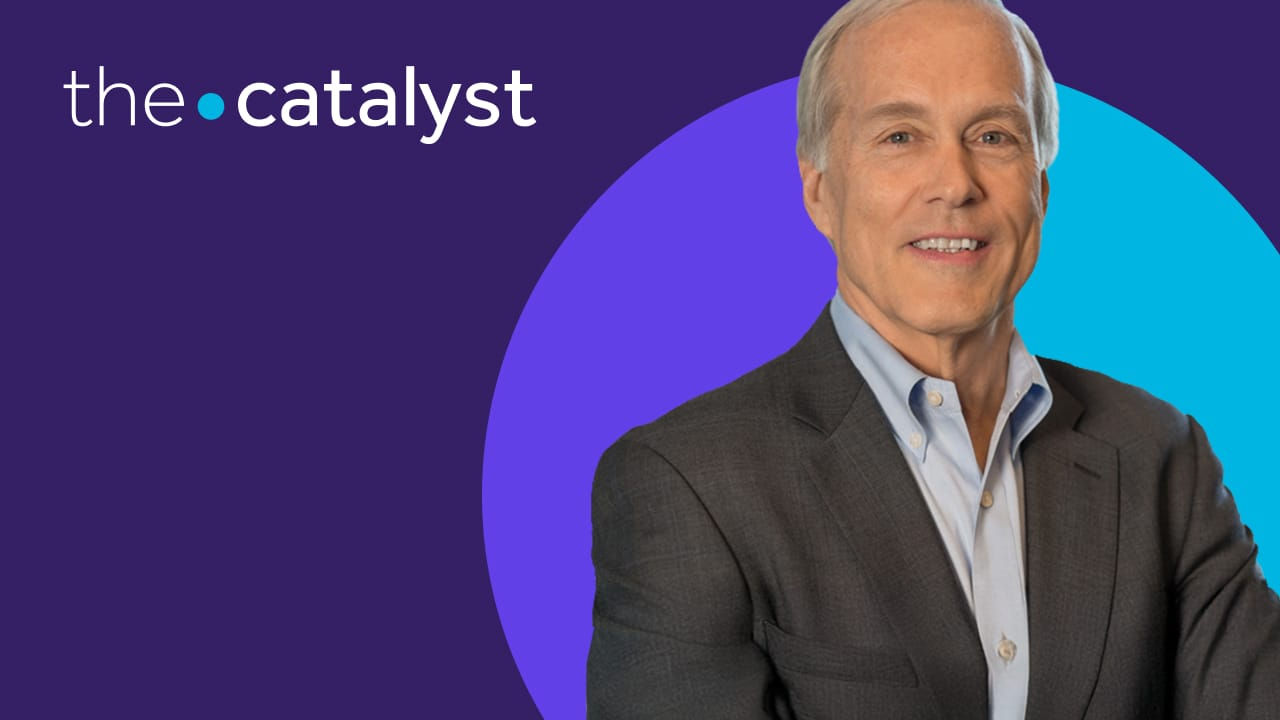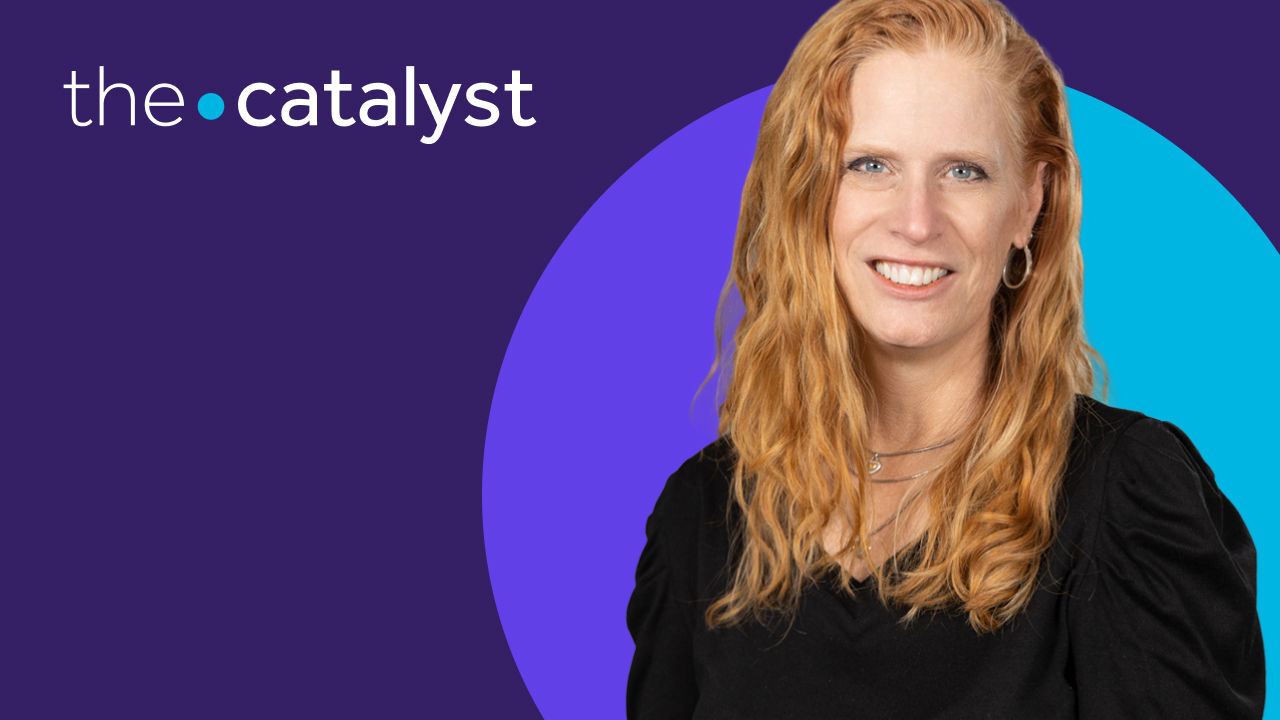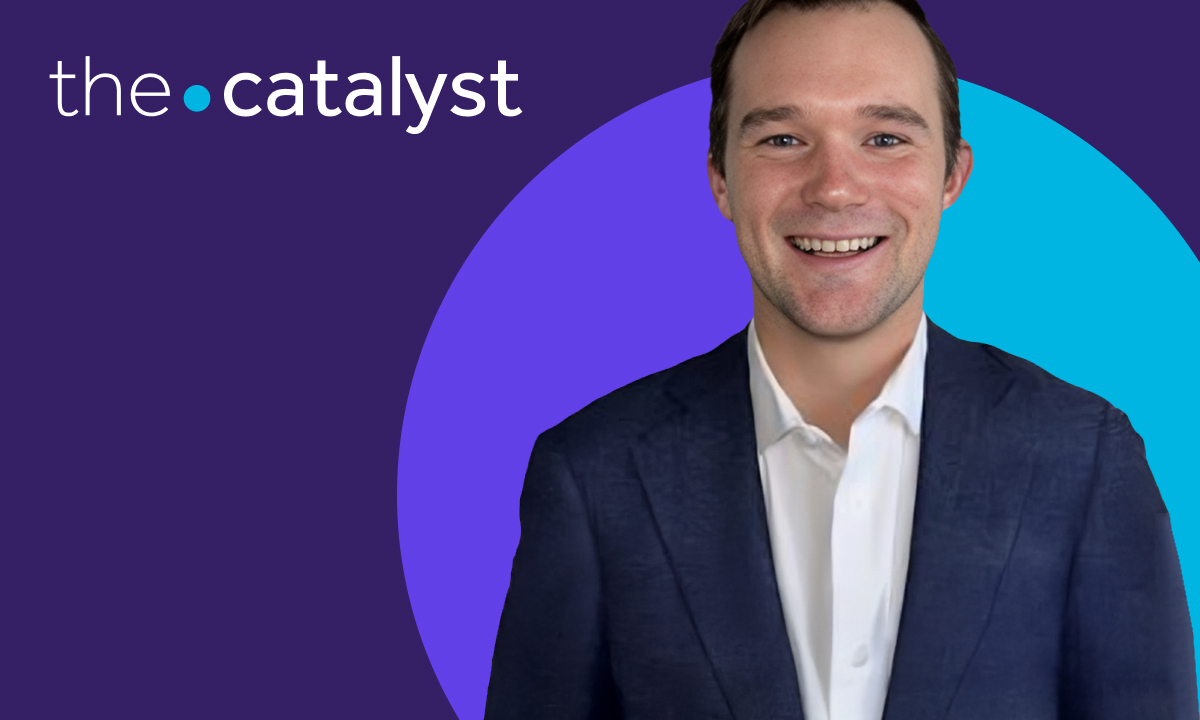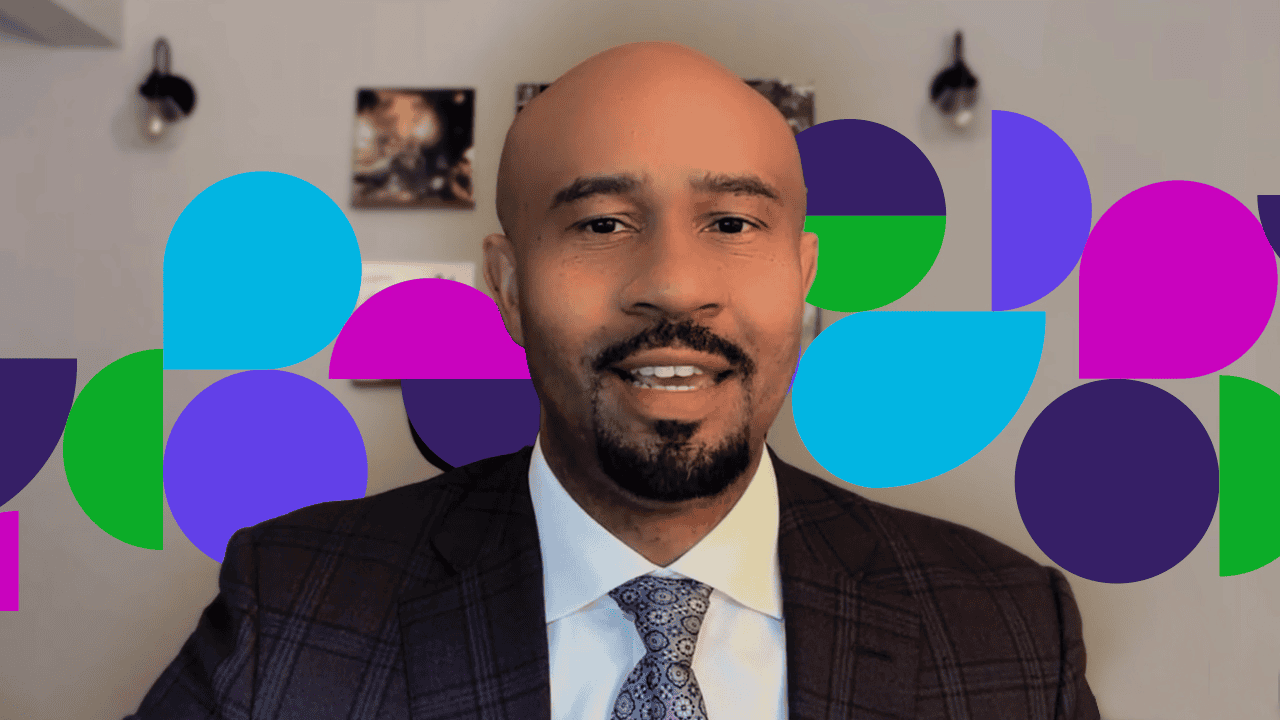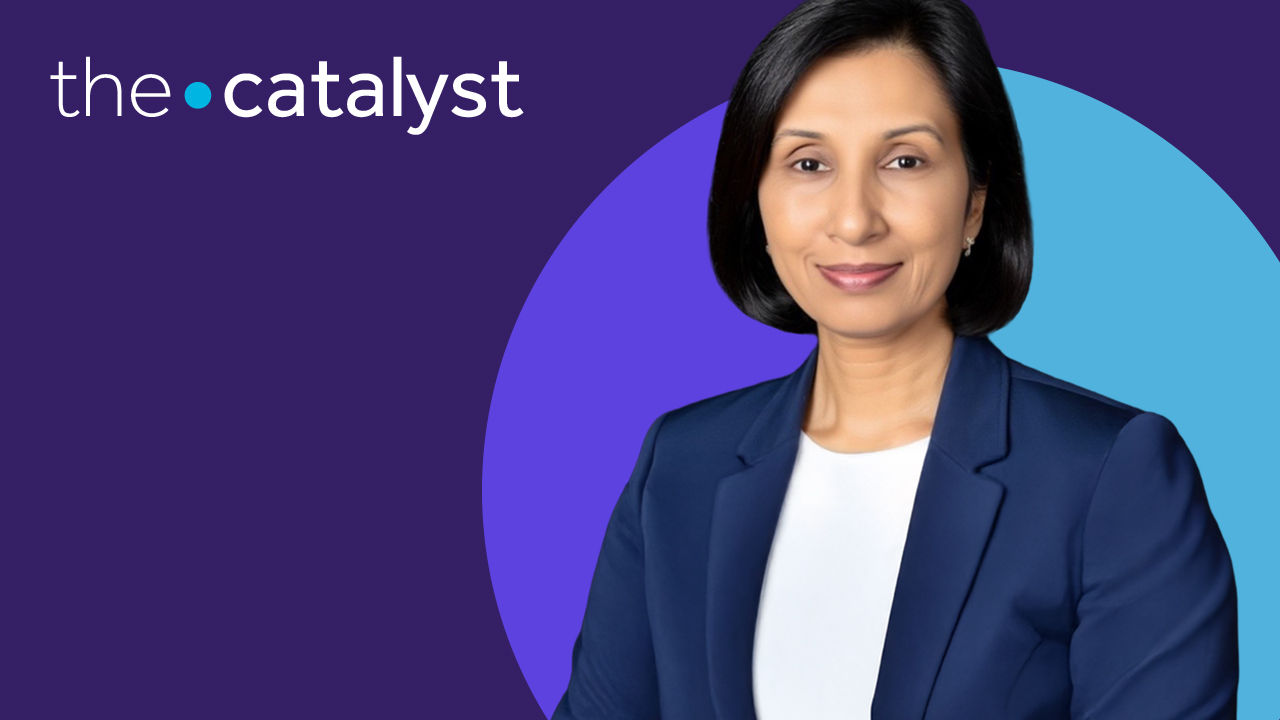![Alt Text: A headshot of [Russell Dubois]](/content/tdh-www/us/en/home/organizations/resources/mental-health-obesity-why-integrated-care-matters/_jcr_content/_cq_featuredimage.coreimg.jpeg/1770734520272/thecatalyst-russell-dubois-thumbnail.jpeg)

Creative and Cost-Effective Approaches to Managing Obesity for Medicare Advantage, Medicaid and Duals Populations
Cardiometabolic health, including diabetes, hypertension and obesity, is a leading driver of spend for health plans. With the U.S. already spending $173 billion annually on obesity-related care—including diabetes, cardiovascular disease and musculoskeletal conditions—costs will continue to rise further with expanded GLP-1 coverage. We believe in giving members the tools and support to make meaningful lifestyle changes—whether they need a GLP-1 or not. And if they do, we focus on long-term success and sustainability, both in outcomes and cost.
I recently had the opportunity to explore how creative virtual care solutions can help transform cardiometabolic health at the AHIP Medicare, Medicaid and Duals Forum. I was joined by Calvin Wu, MD, Clinical Product Strategy Director of Chronic Care Management at Teladoc Health, and Robin Kingston, Senior Vice President of Health Plan Strategy and Growth at Teladoc Health. These are some highlights from the session.
Q: Can you talk about the clinical approach to managing obesity?
A: Calvin Wu: Effective weight care starts with lifestyle changes. The FDA indication for all anti-obesity medications specifies that they be used as an adjunct to a reduced-calorie diet and increased physical activity, because the available evidence strongly suggests that a combined approach leads to better long-term weight loss and health outcomes. When it comes to weight care, this is way more than just writing a GLP-1 prescription in that you have to take a holistic approach and provide ongoing support for this to be realized.
Q: How does obesity care fit into broader cardiometabolic health? How do you approach treatment plans that address both obesity and related conditions for your patients?
A: Calvin Wu: Using lifestyle modification to address the full spectrum of cardiometabolic health and disease, we have the opportunity not just to manage conditions, but also to prevent them from developing in the first place. This highlights the importance of ensuring people have access to programs that support these changes, because lifestyle modification is challenging and requires ongoing reinforcement. There’s a real opportunity to make a lasting impact.
Q: How has the adoption of virtual diabetes prevention programs impacted engagement and health outcomes in the Medicare Advantage population?
A: Robin Kingston: Medicare Advantage has offered access to diabetes prevention programs since 2018, but engagement remained low, with fewer than 1,000 participants. Recognizing the potential for improved cardiometabolic health, a major Medicare Advantage plan partnered with us to scale adoption by implementing our virtual diabetes prevention. The results were staggering—38,000 people enrolled in just three years. More than 55% achieved their weight loss goals (losing 5% of total weight), and over 57% reduced their diabetes risk.1 The program’s personalized coaching and support led to a high Net Promoter Score (NPS) of 50, demonstrating strong satisfaction.
Q: How do you tailor obesity and weight management solutions to meet the unique needs of different client populations?
A: Robin Kingston: Obesity and weight management is an issue with clients across the spectrum, whether it’s Medicaid, Medicare Advantage, commercial populations and small employer groups or Fortune 500 companies. There’s no one-size-fits-all solution. Different clients require different solutions and varying levels of support. We design our solutions to reinforce lifestyle modifications based on the direction each client chooses to support their members. Our journeys and our health are better when we have someone at our side who can help keep us accountable and give us that guidance at all times.
Q: How can organizations ensure that members on GLP-1 medications receive the support needed to maximize outcomes and maintain long-term weight management?
A: Robin Kingston: We find that our clients are looking for people who are taking GLP-1s to have that additional support so that they can maximize the benefit that they’re getting out of that spend. Some clients seek a greater level of clinical oversight, allowing us to bring in obesity specialists to support them. This enables us to manage prescribing and provide coordinated oversight of GLP-1 medications.
It's really about looking at what are the tools and tactics needed to meet the members where they are throughout the various stages within their cardiometabolic health journey. Then specifically what is it that they're going to use, what are they going to engage with and what is going to sustain them across their lifetime. This is so that the money that’s invested is not wasted. Say someone is on a GLP-1, then they drop off it and regain the weight. Now all of a sudden we're back at square one, and that doesn't really do anyone any good. So, providing that spectrum of care and making sure that they have effective solutions that drive that engagement—this is absolutely critical.
1. Internal Teladoc Health Data



